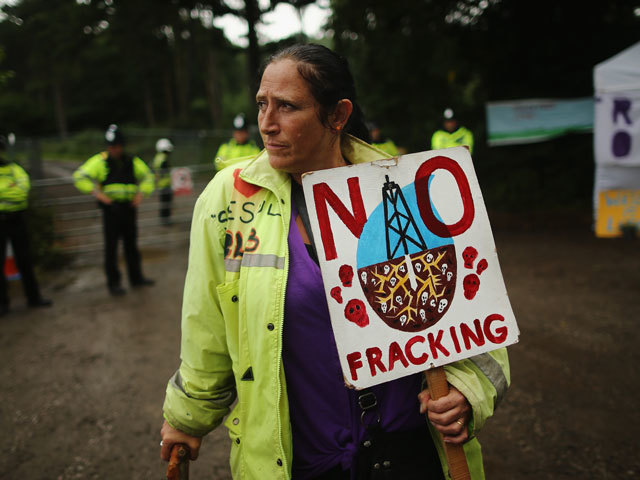
UK Energy policy is in disarray.
No one can accurately predict when, if ever, the cornerstone of that policy, the Hinkley Point C nuclear power plant, will be built. Amber Rudd, Secretary of State for Energy and Climate Change, has not only put UK’s energy eggs in this one basket but, as an interim measure, championed the use of UK-produced shale gas to generate the power to keep the lights on.
This stance is a blatant panic measure that defies logic.
Scotland currently has imposed a moratorium on fracking for gas and on undersea coal gasification. Given Rudd’s strident claims for the benefits from fracking of huge job creation, energy security and thwarting the economic ambitions of Russia, it is not surprising that a Conservative councillor Ross Thomson has taken up the cudgels and is challenging the continuation of the moratorium in Scotland.
A few of the reasons why this should be resisted are listed below.
Economic: There is a world glut of gas. Prices are at rock bottom. The gas contained in the shale beds is tantamount to money in the bank. To withdraw that money now equates to minimising economic recovery.
If fracking must take place, the UK should wait till prices rise before subjecting the UK to the sort of ridicule suffered when Gordon Brown sold off the UK’s gold reserves at bargain basement prices.
To do otherwise raises suspicions that those parties that stand to gain most from fracking are too influential or too closely connected with the regulation of the oil and gas industry.
Environmental: Onshore fracking in Scotland is a direct threat to both the offshore oil industry and to the renewable industry. For the foreseeable future, Scotland has the potential to be self-sufficient in meeting its energy requirements from wind, wave and solar sources and from conventional sources of oil and gas.
There is no reason why Holyrood should be as cavalier as a gambling investment banker risking everything for a bumper bonus by robbing the shale bank when there are proven energy alternatives available in Scotland.
The focus should be on consolidating and supporting renewables rather than spinning the wheel of fortune in pursuit of what would be, at best, a short-lived non-clean shale gas venture. The potential for causing substantial irreversible environmental damage to Scotland’s rivers, lochs, reservoirs and countryside is far higher than in larger countries.
Throw into the mix air and noise pollution, potential falling house prices in the fracking vicinity, carcinogenic chemical contamination, potential earthquakes, and the logical conclusion is that fracking in Scotland is playing with fire.
Ethical: The decision to frack will, invariably, adversely affect the interests of people living in the fracking areas for the benefit of fracking companies. It sends the wrong message about what Scotland stands for. People matter more than vested interests.
Political: The real show stopper is the decision to frack in Scotland would signal a betrayal of Scotland’s own political uprising. A non-nuclear, renewables-driven promise in Scotland has seen an unstoppable move towards Scotland owning the right to self-determination of its future.
Make no mistake about it. A reversal of the decision to impose a moratorium on fracking would be a kick in the teeth for those Scots who joined the SNP after the referendum and who believe in a better approach to economics and equality.
It could derail the independence bandwagon.
Alex Russell, is professor of Petroleum Accounting, Robert Gordon University and Peter Strachan is professor of Energy Policy, Robert Gordon University
Recommended for you
